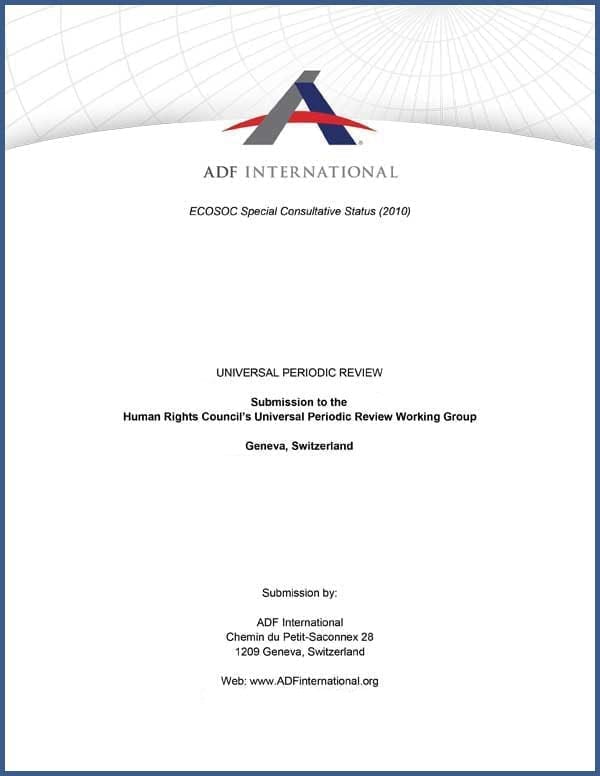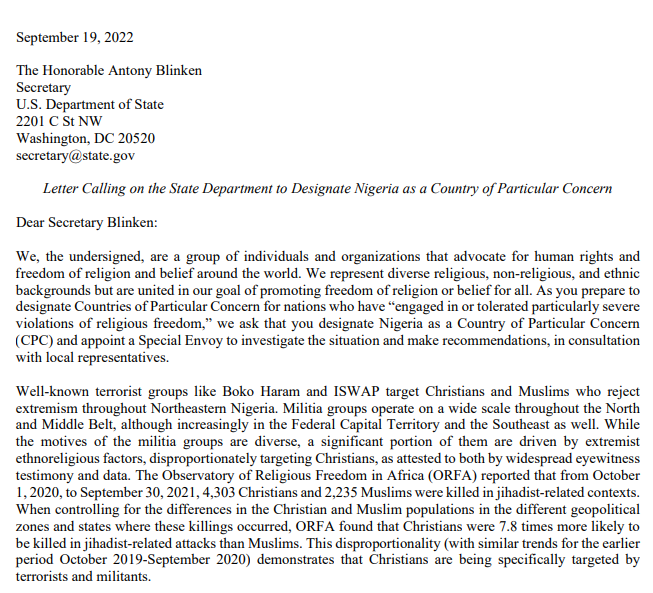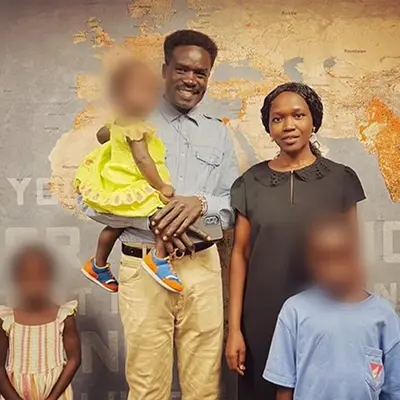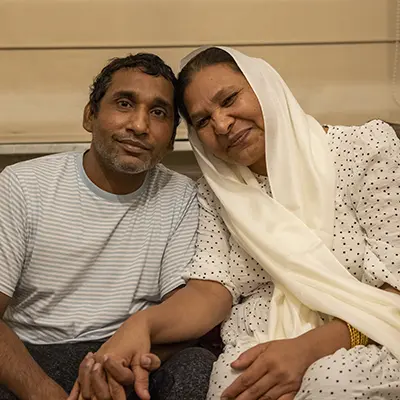This report brings attention to the situation of freedom of religion and expression in the Russian Federation, with particular attention to persons belonging to religious minorities.
Continue readingBangladesh (44th Session)
This report addresses the state of freedom of religion, of expression, and of association, as well as the situation of religious minorities in Bangladesh.
Continue readingUzbekistan (44th Session)
This report brings attention to the situation of freedom of religion and expression in Uzbekistan, with particular attention to persons belonging to religious minorities. Notably, it highlights the barriers related to the registration and operations of unregistered religious groups.
Continue readingUnited Arab Emirates (43rd Session)
This report outlines the situation of freedom of religion and freedom of expression in the
United Arab Emirates (hereinafter, the ‘UAE’).
Montenegro (43rd Session)
This report stresses the urgent need for the government of Montenegro to intensify its efforts to eradicate the practice of prenatal sex selection in the country.
Continue readingMali (43rd Session)
This report highlights the intense hostility and persecution suffered by religious minorities, particularly Christians, in Mali. Furthermore, it explains why Mali should resist calls to expand access to abortion and instead focus on safeguarding and improving access to maternal health care within its borders.
Continue readingLuxembourg (43rd Session)
This report denounces the incompatibility of Luxembourg’s regulation of euthanasia and assisted suicide with the State’s basic obligation to protect the equal right to life of all persons. In particular, it highlights the inevitable subjectivity in the assessment of what constitutes ‘unbearable physical or mental suffering’ under the law and the challenges faced by medical professionals in the exercise of their right to conscientious objection in this regard.
Continue readingIsrael (43rd Session)
This report examines the discriminatory impact of laws and policies relating to the registration of religious groups and the ownership of religious property and heritage sites. This report also outlines the rising trend of social hostility faced by Christians within the country.
Continue readingFrance (43rd Session)
This report illustrates the state of homeschooling in France, highlighting that the restrictions on home education resulting from the enactment of the 2021 Anti-Separatism Bill violate France’s obligations to respect freedom of education and parental rights under international human rights law.
Continue reading















